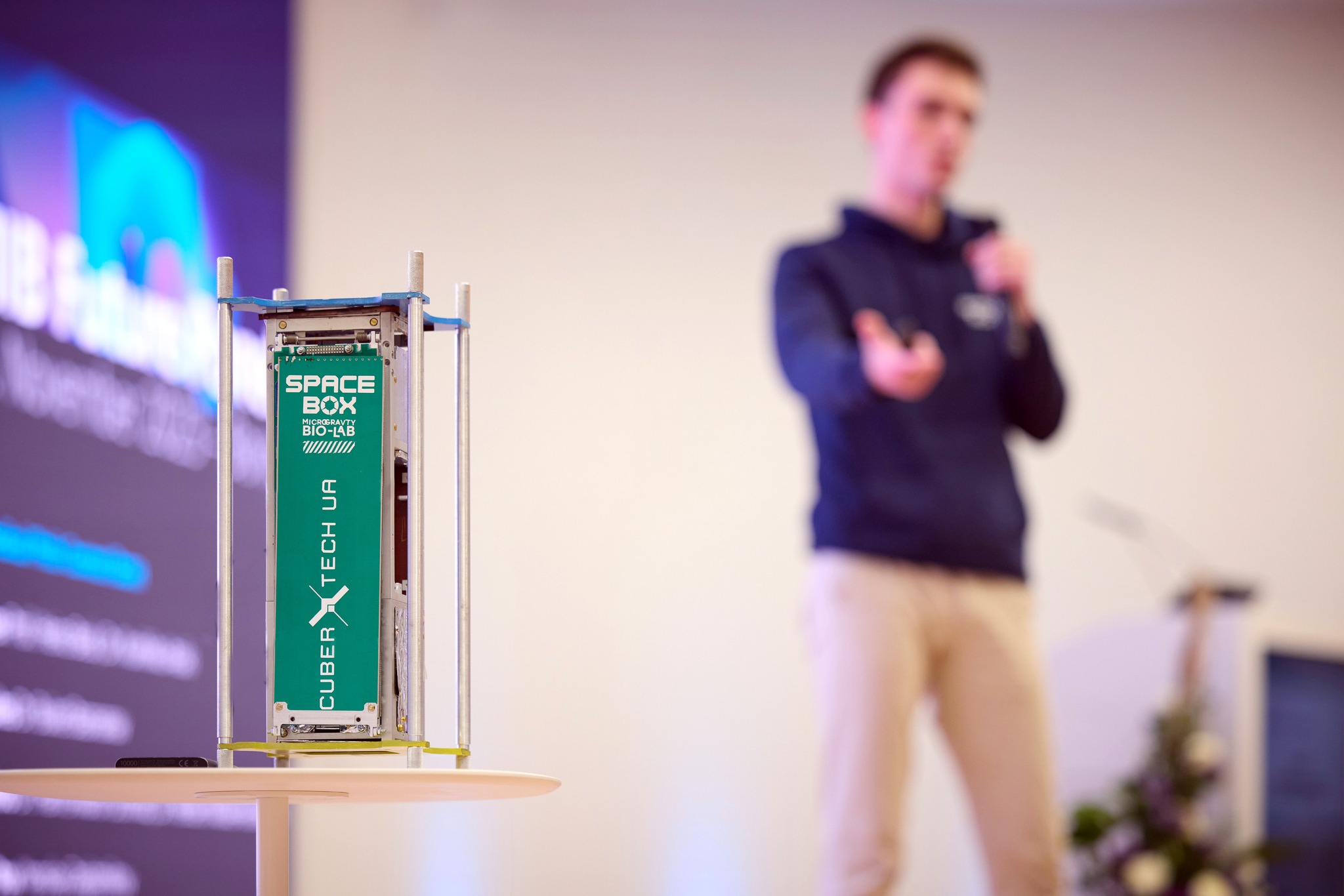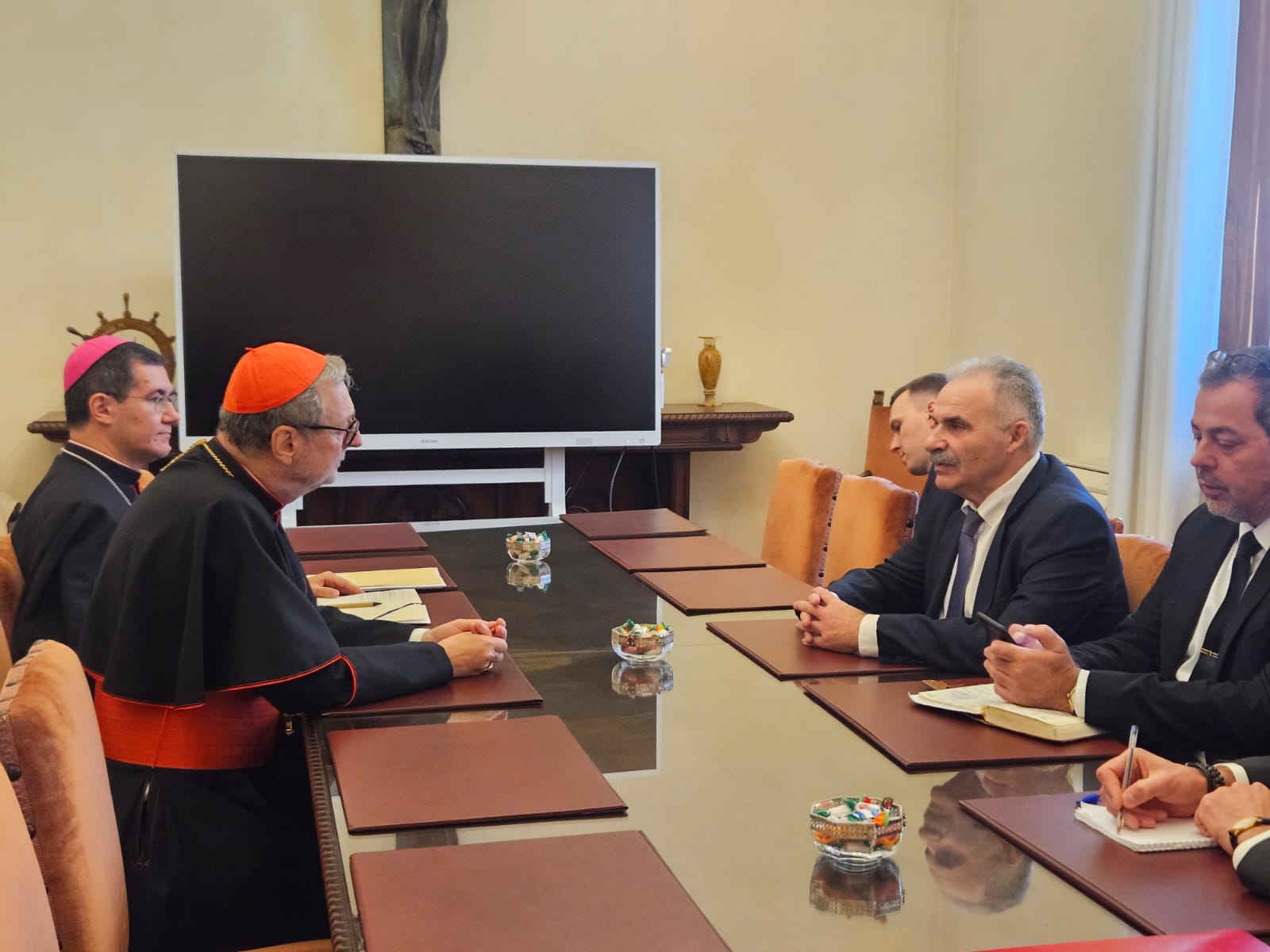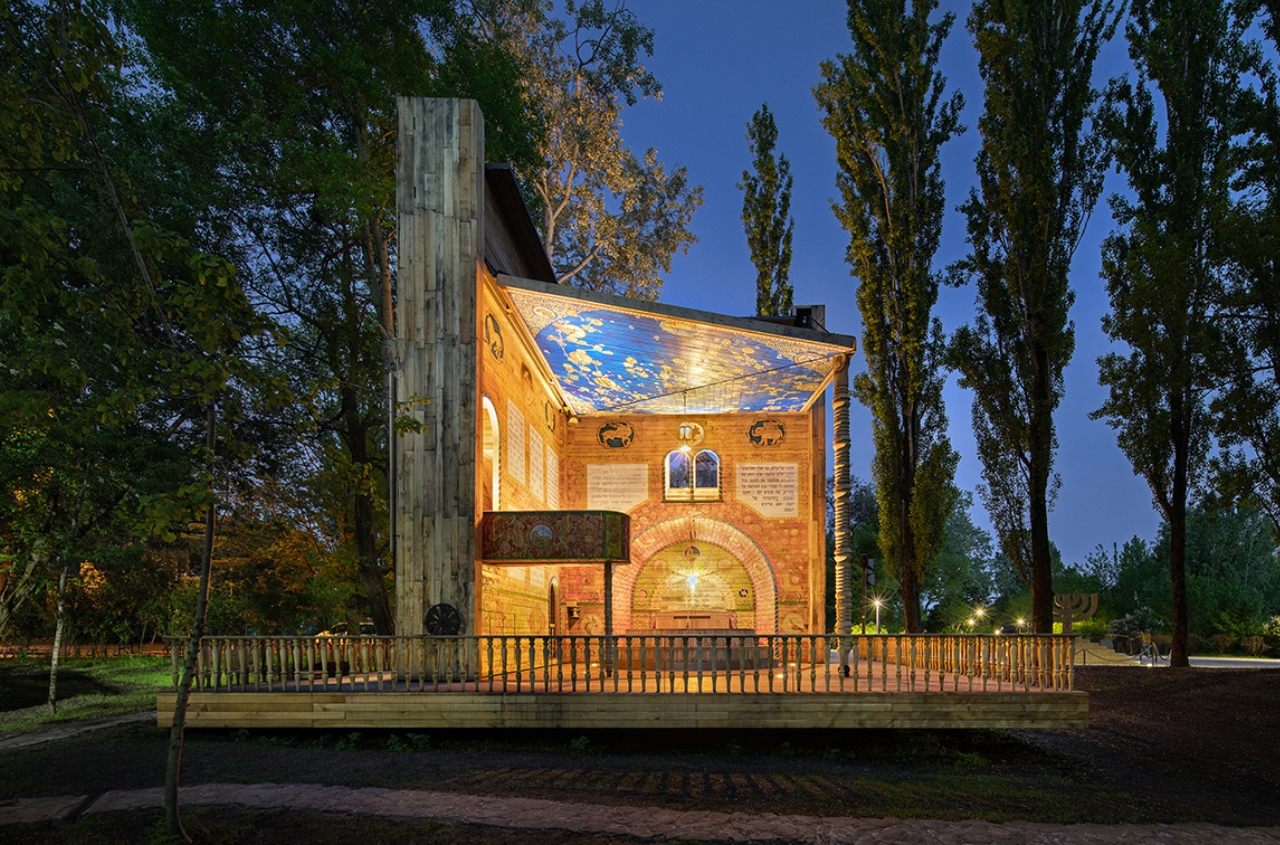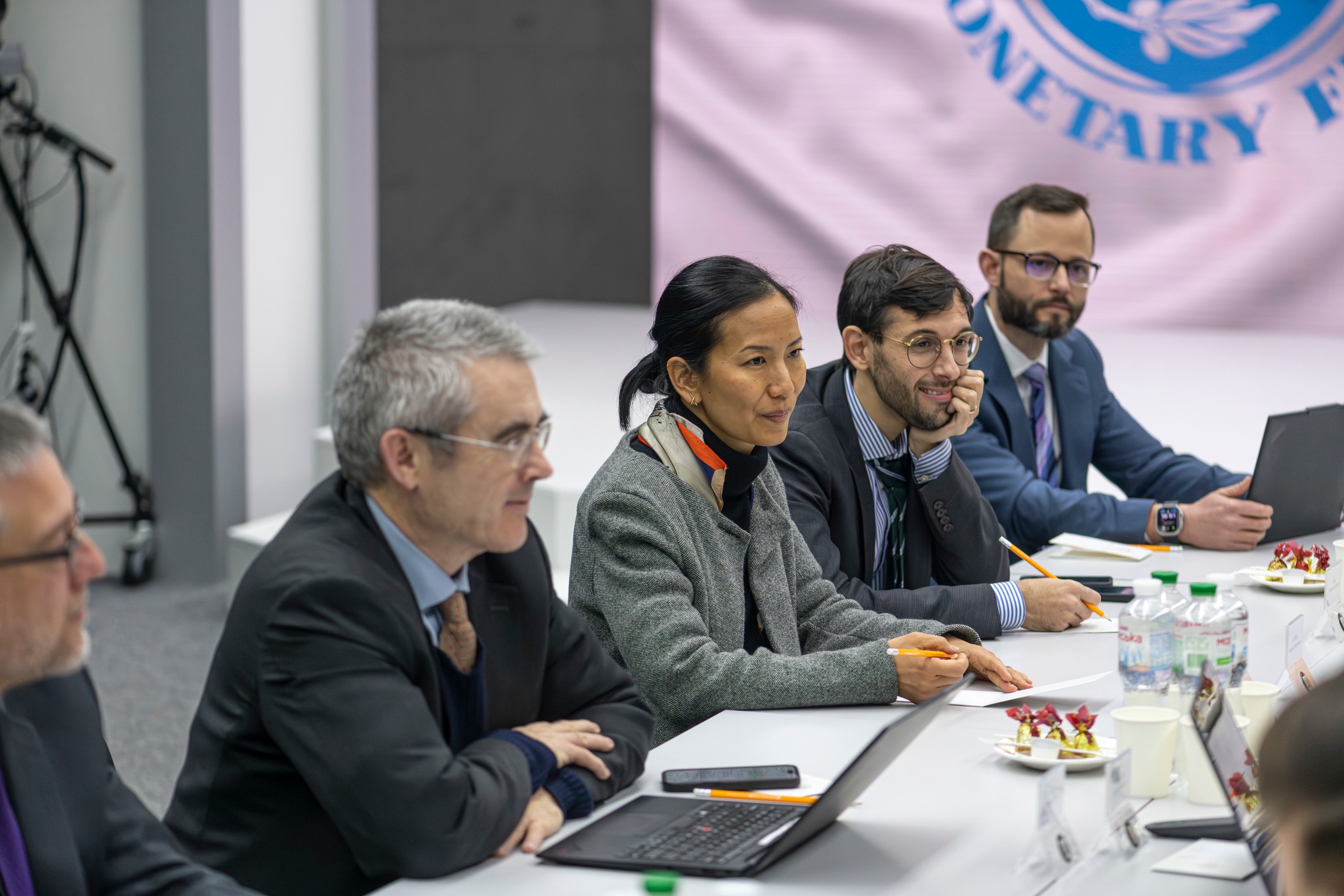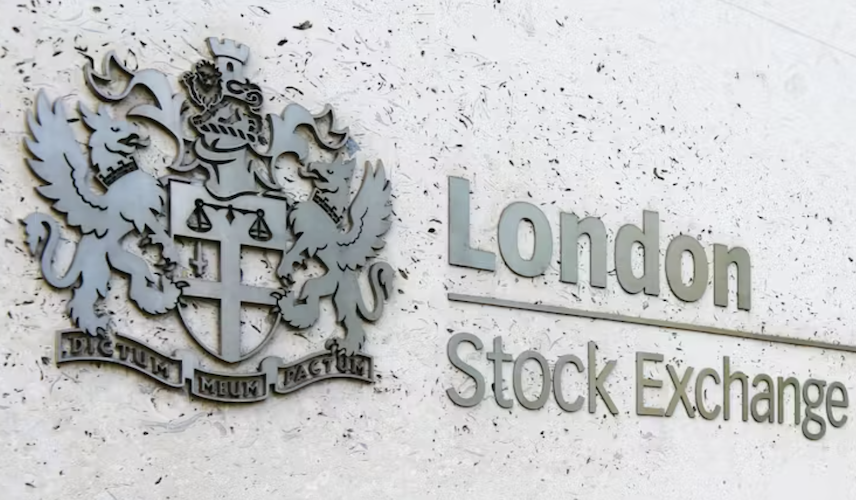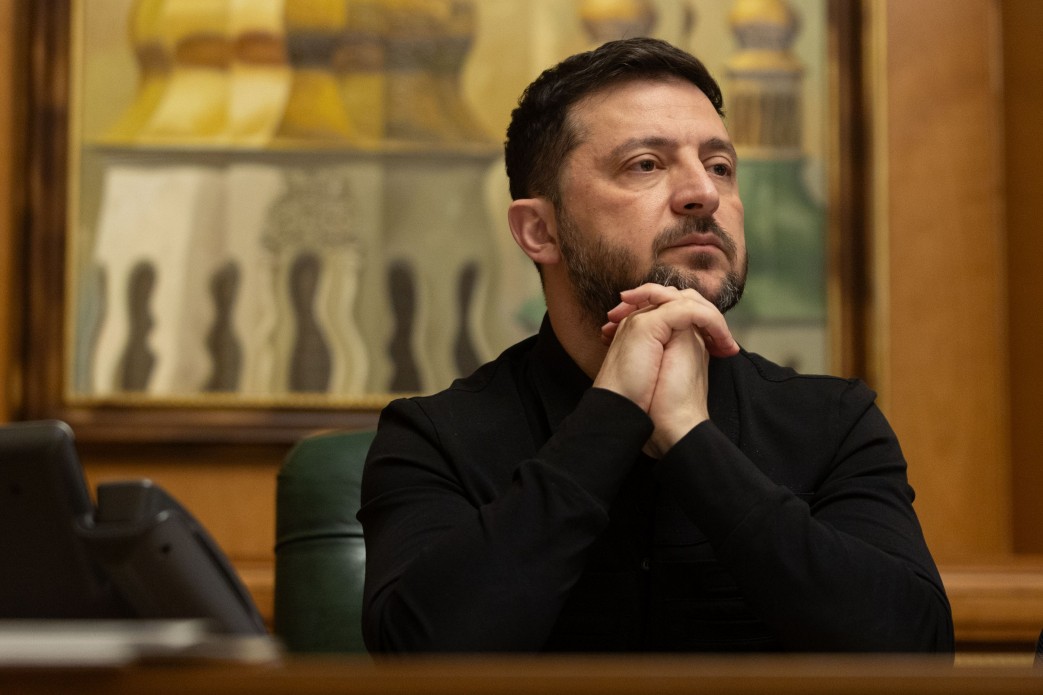A Ukrainian graduate, who completed his master's degree at the University of Bonn in Germany, is developing the SpaceBox Scientific startup along with his team. Through this startup, they plan to conduct research in biotechnology in space and even contribute to the study of cancer cells to aid in finding treatments.
"I proposed the idea of autonomous biolabs in near-Earth orbit when I was still a first-year student at Taras Shevchenko National University of Kyiv," said Yaroslav Zaplatnykov, the CEO and founder of the startup.
The main inspiration for it came from a project involving the creation of a closed ecosystem for long-term plant cultivation in space, on which Yaroslav collaborated with Vasyl Brykov under the guidance of Yelizaveta Kordyum. This concept received support from the National Polytechnic University, Taras Shevchenko National University, and the M.M. Gryshko National Botanical Garden.
"A consortium of research institutes historically involved in the National Space Program of Ukraine was established. These are experts in their field, each of whom serves as a source of knowledge and experience in space science."
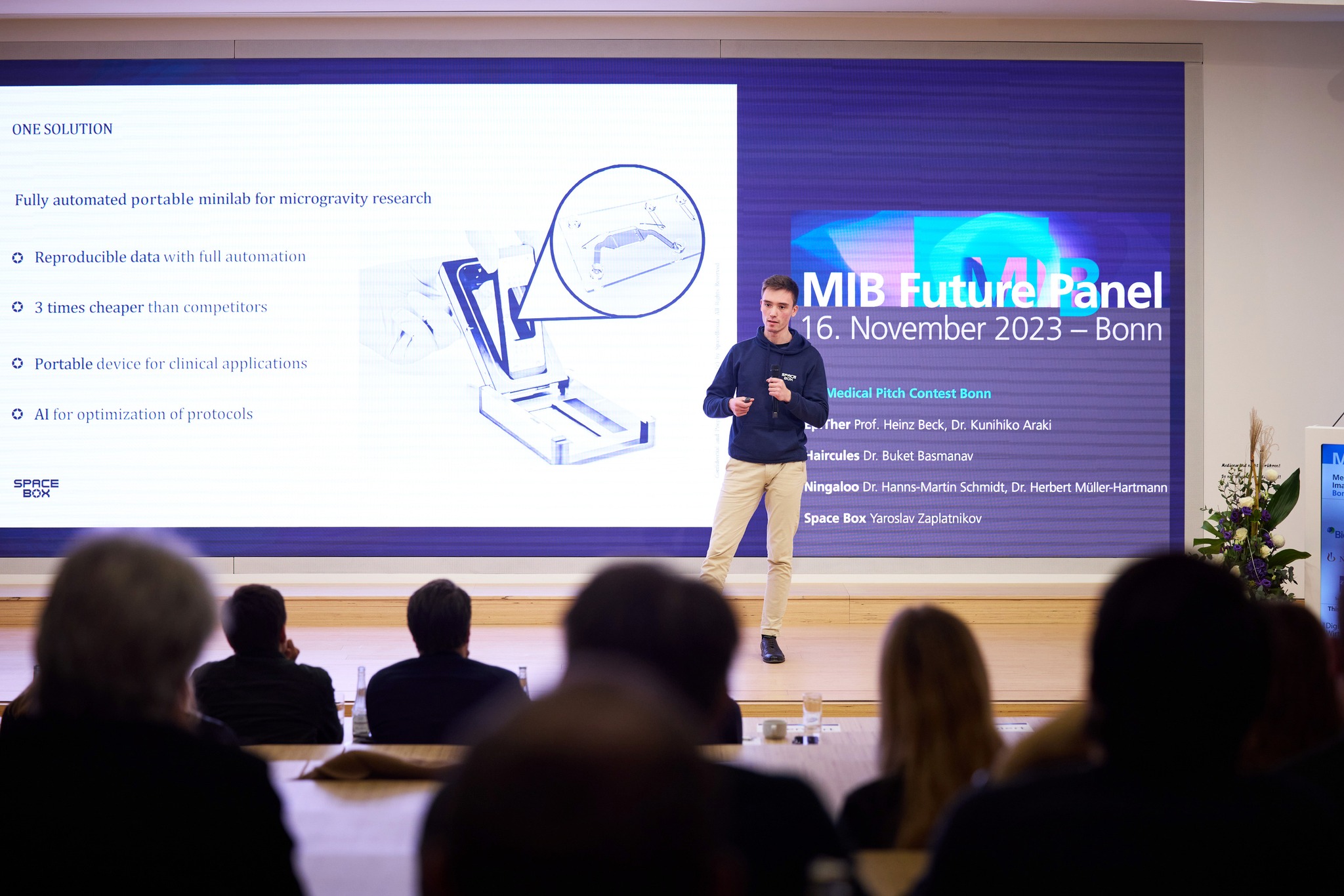
The initial research project on closed ecosystems in space on nanosatellites proved to be very promising from a scientific standpoint. Working on the project provided a lot of experience in planning space experiments and understanding the materials to use. This journey, coupled with intensive research in biotechnology and the space industry, served as the primary inspiration for the SpaceBox Scientific startup.
The startup SpaceBox Scientific operates in two markets: ground services for pharmaceutical companies and space services for the complete cycle of conducting experiments in space. So, there are two components to the product:
-
Device: A miniature cultivation chamber for cultivating cells the size of your palm. For example, in a regular biolab, such equipment would take up at least one square meter.
-
Software: Artificial intelligence trained on the research we conduct and aimed at optimizing our protocols.
The startup's product is a portable and automated cultivation chamber for cells. It is so compact that it fits in the palm of your hand but has the functionality of an entire laboratory module.
Due to the reduction in size of our cell cultivation systems and complete experiment automation, the project offers a product that is three times cheaper than the others. Now there is no need to pay for the work of astronauts, which is quite costly. Everything a researcher needs to conduct an experiment is already inside the device, programmed for autonomous operation.
Thanks to its portability and autonomy, the product can be used both for space experiments and in clinics to create personalized disease models. Integrating this equipment into the personalized medicine ecosystem will help choose the most effective therapy for individual cases, such as cancer.
"By launching our cell technology into space, we can improve disease models by a factor of 4 for effective drug testing. In simple terms, this occurs due to significantly reduced gravity, and cells exert less pressure on each other, allowing them to grow better. Currently, we are focused on working with cancer cells that have a three-dimensional organization similar to real tissues in the human body (spheroids)" commenting Yaroslav Zaplatnykov.
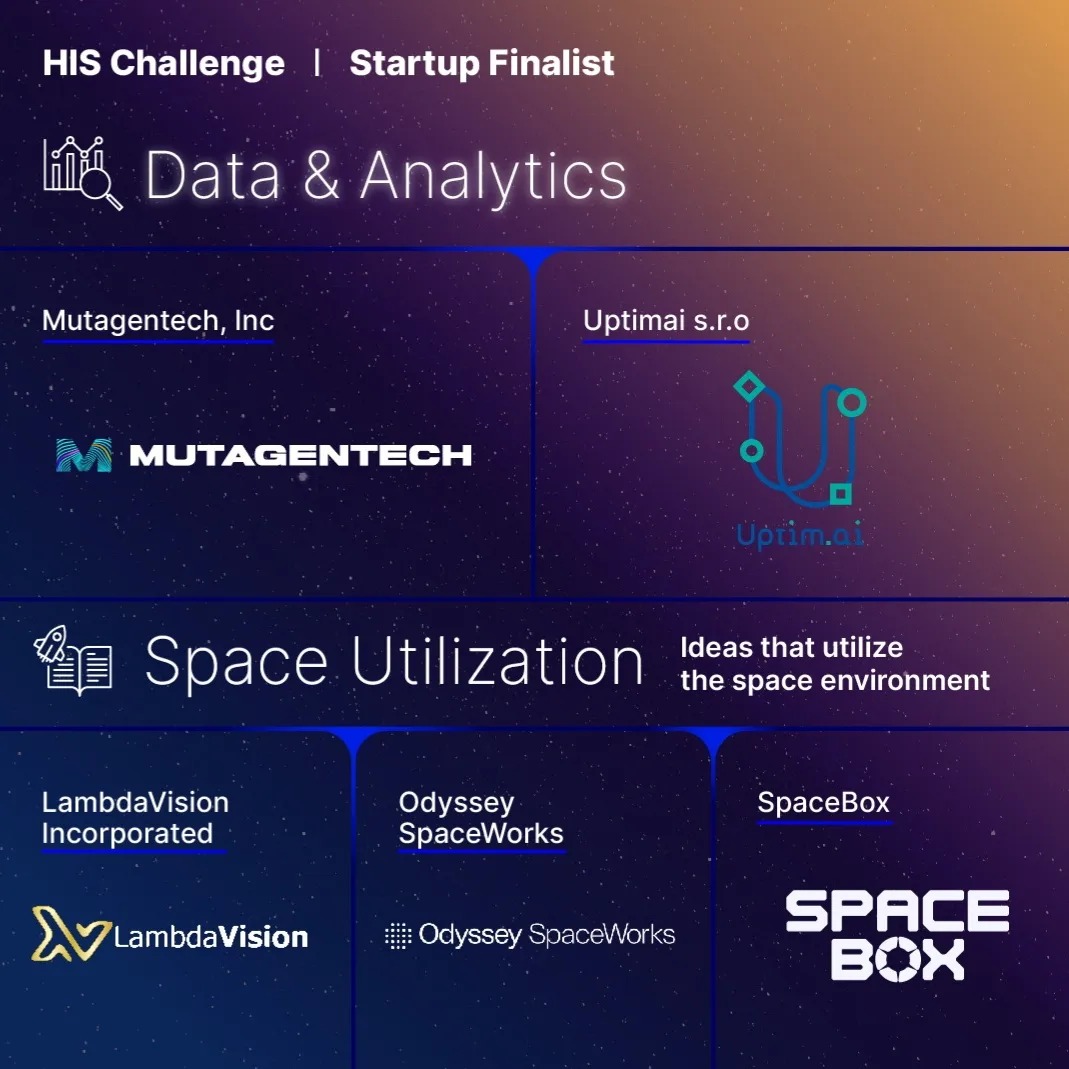
A functional prototype of the cultivation chamber has been created, comprehensive systems have been developed to perform from 2 to 8 experiments simultaneously on the equipment. Databases and artificial intelligence architecture have been prepared for experiment optimization.
It is an international team consisting of:
- Biologists from Germany
- A scientist from Scotland with extensive experience in space biology
- Bioengineer specializing in microfluidics from Yale University
- Programmer from Germany
- Ukrainian marketer
- Business development specialist in the USA
The scientific council is predominantly composed of professors from the University of Bonn in Germany, Yale University, the University of California, San Diego, and Charles University in Prague.
"We are constantly looking for new artificial intelligence engineers and specialists in microfluidic technologies with experience in biology to join our team. Therefore, I would be happy to speak with motivated individuals," added Yaroslav Zaplatnykov.
The upcoming plans are focused on preparing for the certification of the product for the European market. Validating the product in the laboratory will ensure a greater influx of clients, including those for space experiments.









